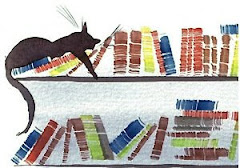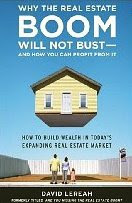
George W. Bush ordered the invasion of Iraq in 2003, but in 2006 a National Geographic poll found that only 23 percent of those with some college education could locate Iraq, Iran and Saudi Arabia on a map. Today, almost half of 18- to 24-year-old Americans don’t think it is necessary to know where Iraq, Afghanistan, or other countries in the news are located. On February 12, a new book by Susan Jacoby hit the shelves, and the author finds a generalized hostility to knowledge in the US. She sees the dangers of that old habit. She fears that anti-intellectualism (“too much learning can be a dangerous thing”) and anti-rationalism (“there is no such things as evidence or fact, just opinion”) have fused in a particularly insidious way.


Not only are Americans ignorant about essential civic and scientific knowledge, but very often they don’t think it matters. Many a political scientist maintain that public opinion is, in the long run, perfectly rational even when citizens do not know which party controls Congress (for example, Page and Shapiro in The Rational Public). Is that really possible?
This has been an issue discussed since the Fifties, when Richard Hofstadter published his Anti-Intellectualism in American LIfe but it was revived in the Seventies by Neil Postman and, of course, helped to propel Allan Bloom's pamphlet The Closing of American Mind on the bestseller list.
Unfortunately, the discussion itself often is trivial: describing the You Tube video of brain-dead TV personality Kelly Pickler, as the New York Times did, doesn't make the debate advance of a single inch.
One should look not only at the appalling conditions of high education in the US, but at the reasons why no administration, no Congress, no governor, and no candidate this year, seems to consider that a national emergency. Only in 1957, scared by the launch of Soviet satellite Sputnik in the sky, the country reacted with a crash program to increase science education at every school level, and made an effort to have more engineers and mathematicians graduate from American universities. That was the Cold War, of course...













